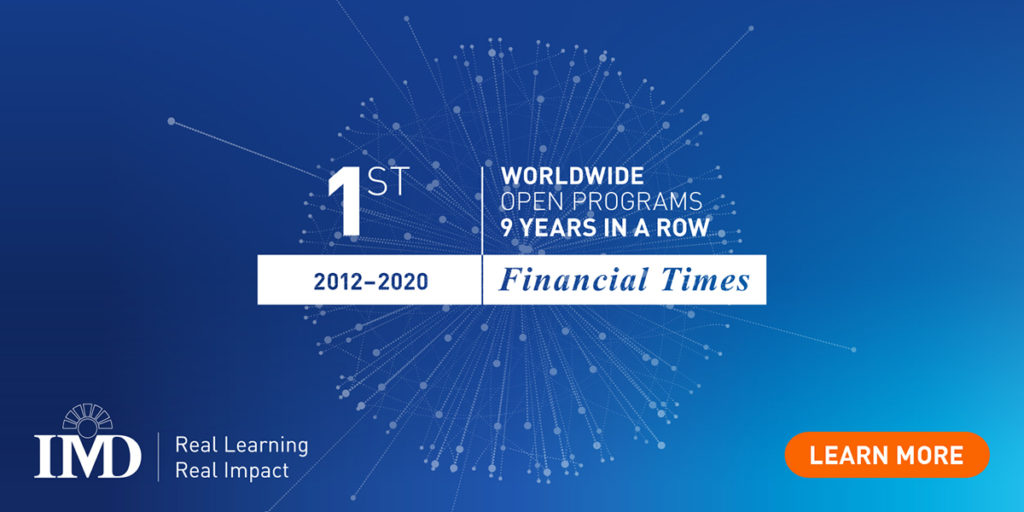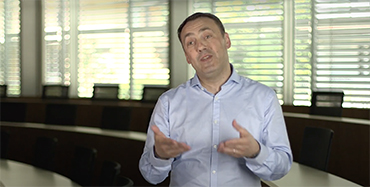It’s 3am. Your eyes flick open. Something’s woken you. It’s that voice again: “How could I have been so stupid?” “Why did I say that?” “Why can’t I hold things together?” “I’ll be found out for the idiot I am.” “I can’t do anything right!”
No, it’s not your sleeping partner – it’s coming from inside your head. It’s that unrelenting inner critic who can make life hell. Many of us – successful, balanced managers and leaders – are dogged in our life by an overly judgmental voice that takes up residence, heightened particularly when we’re under stress. It may have been an even more constant companion over the last 12 months of the COVID-19 pandemic: do more, push harder, keep productive, hold it together.
For women it’s often loudest. One reason is that many women are brought up to put others’ needs first, at the expense of their own. And women have generally been asked to do even more during lockdowns and face greater occupational setbacks and hardships for doing so. But in reality, no one is spared: all genders and cultural backgrounds can suffer from a tough inner critic, that can be our own worst enemy. Learning to quieten this internal critic is a crucial skill for your well-being and resilience, and to help you better cope with the ongoing uncertainty that is the ‘new normal’.
We have identified four strategies that that can help to tame your inner critic. The first two are cognitively oriented: they consider the evidence and apply rational sense-making to quell this voice.
The second set are based on research in mindfulness and neuroscience, and rest more on insight and reflection. All 4 strategies are complementary yet what works for you will depend on your experience, career stage and organisational context. While the inner critic rarely disappears entirely, we can learn to recognize it faster when it surfaces and change our relationship to it.
Four strategies for quieting the inner critic
I. Know that it’s (likely) about the context, not about you
Many people, including highly successful leaders, have an internal critic that becomes louder as they move into the leadership spotlight. Take the impostor syndrome – where your inner critic tells you that you’re simply not good enough – that, despite your achievements, you’re going to be found out as a fraud. Many of us feel like we are winging it, especially if we’re doing new or difficult things. For example, Australian Mike Cannon-Brookes, billionaire and co-CEO of Atlassian, offers that he’s experienced imposter syndrome for nearly 15 years.










 Audio available
Audio available